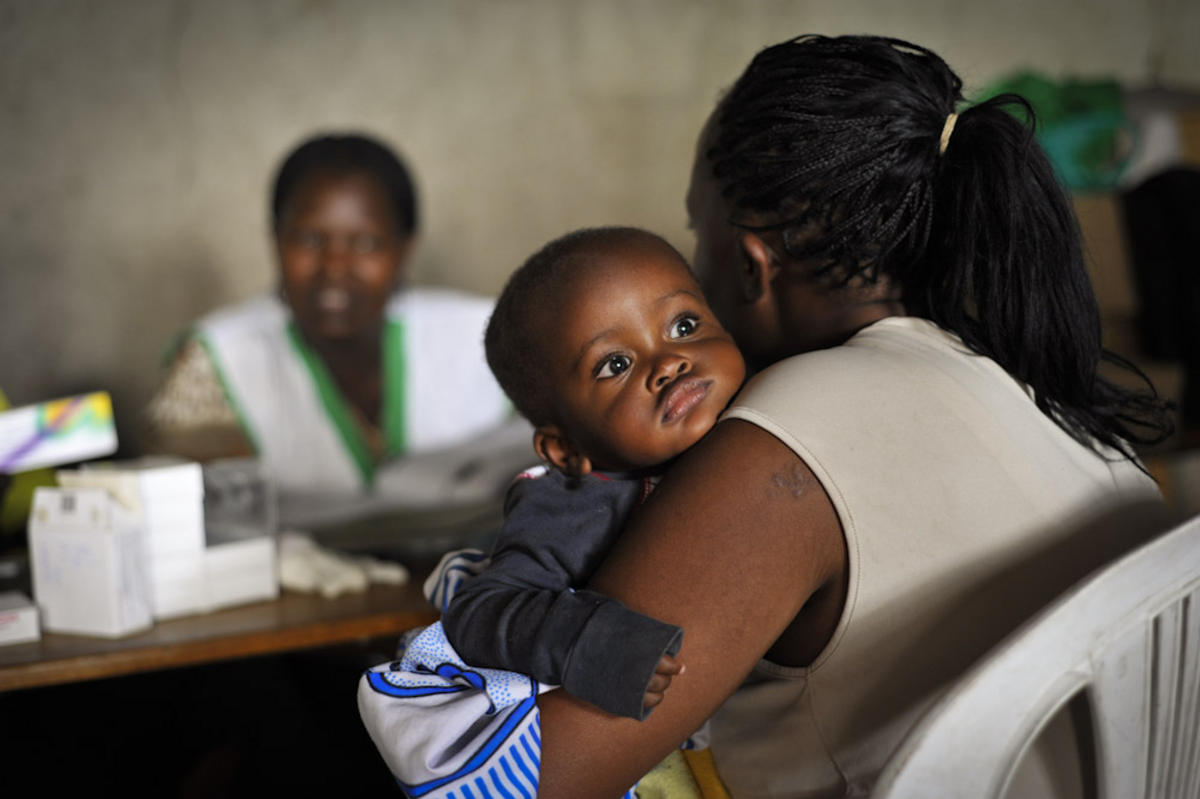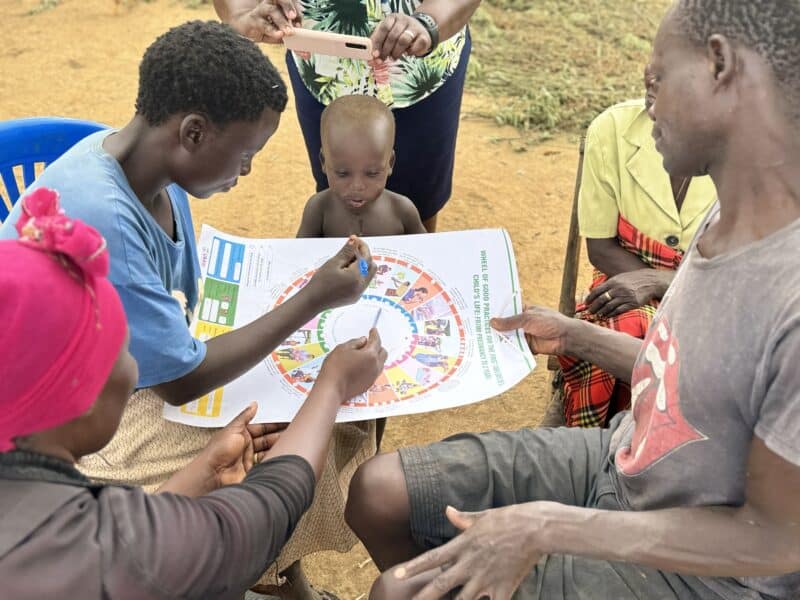Later this year, the results of a large clinical trial involving 7,800 African women will be released. The Evidence for Contraceptive Options and HIV Outcomes (ECHO) results are expected to shed light on a concern that has been worrying those in the family planning and HIV arenas for years: Do certain forms of contraception – specifically Depo-Medroxyprogesterone Acetate (DMPA), a form of progestogen-only injectable – increase the risk of acquiring HIV in the women who use them?
The way the results are communicated – to women, health workers, governments, and the greater public – is critical.
Done wrong, it could undo decades of progress that has been made to increase the use of modern contraception throughout low- and middle-income countries around the world. Governments or healthcare providers could panic and restrict access to a highly-effective method of contraception. Women, even those that aren’t at risk of HIV, could turn away from modern contraceptives altogether.
Done right, and millions of women around the world will have the tools they need to make an informed decision on whether their contraceptive choice remains the best option for them and their families. No matter the results, we should intensify efforts to expand the mix of methods available to women, increase access to HIV preventive technologies, including Pre-Exposure Prophylaxis (PrEP) and empower women and girls to use both without fear of unintended pregnancy or HIV.
The worries about a possible link between progestogen-only injectable contraception and HIV acquisition came to the fore earlier this decade when several observational studies suggested an increased risk for HIV among women who were using it.
The ECHO trial was designed to determine whether there really is a link. Beginning in 2015, sexually active HIV-negative women in four countries – Eswatini, Kenya, South Africa and Zambia – were randomized by computer to receive one of three modern contraceptive methods: the DMPA injectable, an implant or a copper IUD and then followed for several years.
When the results come, helping women understand both their risks and their full range of contraceptive options must be at the heart of any communication strategy. To that end, the Johns Hopkins Center for Communication Programs spent three months conducting a landscape analysis to determine what steps will need to be taken, regardless of the results, and created a new easily-accessible online repository where all stakeholders can find tools to help them communicate the results in a clear, concise way.
We have spent a lot of time and resources over the years gaining the trust of women to help them choose family planning. This is why nuanced communication is needed. Even if the results point to an increased HIV risk for one of the methods in the study, not every woman is equally at risk and many can continue to use their chosen method of contraception safely. Counselors on the ground must understand this and communicate it in the clearest possible way.
We need to do this without alarm, without upending the successes we have had, in a way that reaches everyone along the line in order to ensure the health and wellbeing of women isn’t compromised by fear.





